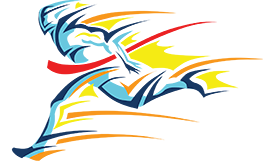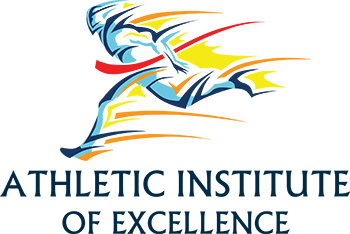Myth of Tennis Court Time and Lesson Time
Never seem to find enough time for tennis lessons or available court time? Perhaps the answer to reaching elite level tennis is not how you think it is.
I have spent most of my life pursuing tennis excellence with myself and my students and at some point or another I am confronted with the question from parents and players. ‘Do you have any extra time to give me a lesson?’ I always answer this question with the same reply…’The answer does not lie with more time, but better time’.
In a world where costs are rising for tennis lessons or programs as available court time seems to be disappearing, there becomes a never-ending search for extra time to be spent on the court when developing an aspiring elite tennis player. Unfortunately, the answer does not lie within the extra court time but more productive time with the time that you have. Hundreds of thousands of young tennis players are participating in tennis lessons, group training programs, practice matches, official matches such as tournament competition, at any given time across the globe. But how is the time being spent? Parents and players must begin to ask themselves ‘What is it I’m going to do with the time I have?’
Although tennis businesses across the globe thrive on the desire to purchase extra court time and lesson time, it is this approach that is hindering you from achieving a progressive path of excellence in your tennis playing development. Integral elements of an elite tennis players’ behavior must be included in order for a player to be on the road to whatever level(s) of greatness a young player wishes to achieve. Productivity, and accountability are among the many quality traits that are required to be successful.
Productivity
Athletes are forced to understand the perspective of productivity, which has been around for many years in the successful tennis world, however, out of necessity a player is required to be as productive as possible and the alternative is no longer a choice. Of the thousands upon thousands of tennis lessons going on all over the world, the amount of time being wasted during these tennis lessons is astounding. Between the ‘Warm-up’, the ‘Introduction’ of the day’s objectives (If any), there are up twenty to thirty minutes of time being wasted before even the first ball is hit with intentional purpose within a sixty minute lesson or longer. That is up to half of the time spent on the tennis court of a costly lesson doing something that has absolutely nothing to do with a tennis court. The answer starts with the time spent PRIOR to every practice session so by the time the very first ball is hit, both the player and the coach know exactly what is going to occur and why. If a coach cannot provide the ‘What’ and the ‘Why’ based on a player’s feedback and aspirations, then perhaps the search should not be for more court time, but for a more efficient coach.
Accountability
No, it is not a dirty word but a very important and crucial element that leads to self-awareness and self-analysis. Quite often it is this discipline in itself that is the necessary ingredient to becoming more productive in anything you wish to pursue. However, accountability does not start with the player but the coach and the parent. Expecting a player to suddenly have achieved accountability is not only a fantasy but simply ignorant to think otherwise. Accountability requires both positive and negative consequences of any action or behavior to promote longevity. A Coach usually should initiate this process as many players view the coach as a more important role (not necessarily true) in their development even though a player will spend most of their life around their parents prior to adulthood. Therefore, a coach should expect to take the lead role in this character development and expect the parent to assist this process. Once the coach decides it is now up to them to create accountability in the beginning, the ‘buy in’ must be established so the player can either be inspired by it to take action (motivation) and be rewarded or to look the coach in the eye and acknowledge everything they’ve said with a nod but fail to do anything with the information and be reprimanded.
(Example)
A Player receives PRIOR information from a coach regarding the upcoming training session’s objectives based on a recent tournament performance. These objectives were agreed upon by both the player and coach after the recent tournament, but the coach has now laid out the process by which the new objective(s) can be achieved. In addition to the on-court objectives, the coach has clearly explained that the physical ‘warm-up’ (dynamically) must be done prior to the on-court session and not one minute will be wasted doing this in the lesson time. During this time the player must review the session’s objectives and visualize the experience prior to its inception. The player now has a choice, either do it or don’t do it. In the beginning stages of productivity and accountability development is not as important that these actions are done incorrectly as it will be the BEHAVIOR change that is the most important aspect. If the player does it, then a small positive acknowledgement of the behavior should follow. If the acknowledgment is too substantial then the reward for doing something just once may become expected and this is never the case in elite tennis. If the player does not do it, then send them home immediately without one word of discussion or one ball hit. The latter happens without consequence far too often and followed up with wasted minutes of a coach explaining the reasons why. Simply tell the player to go home and have a nice day/evening.
Too Harsh? I offer an alternative. Continue to pursue more and more court time hitting balls with no intentional purpose spending thousands of dollars on wasted time. The art of productive, intentional, and efficient practice is not an easy one but has now become a necessary part of athletic excellence. Coaches, parents, and players are all responsible for bringing this process to life.



Alex Scheglowski
07.07.2016 at 10:48Thanks Glenn- I really enjoyed this article it illustrates the reality of how I can help my son approach his game.
Alex